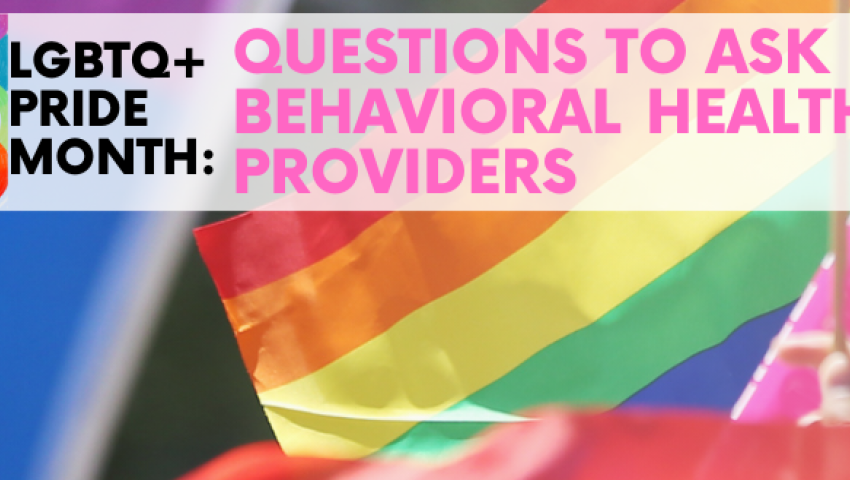After reflecting over these questions, make sure to remember that advocating for your well-being is an essential part of your healthcare journey. By exploring these questions to seek an informed and knowledgeable behavioral health provider, you are taking wonderful steps to accessing inclusive and supportive care for both your mind and your body. Additionally, through this act of self-advocacy, you also contribute to creating a healthcare environment that respects the diverse needs of the LGBTQ+ community.
In conclusion, highlighting the need for affirmative behavioral health care and discussing strategies to navigate searching for a provider during Pride Month is important for the health of this community. By asking these informed questions, individuals can feel more confident in seeking out inclusive care for better outcomes in therapy. Ultimately, by advocating for inclusive care, we challenge stigma and dismantle barriers that hinder LGBTQ+ individuals from accessing the support they deserve. Together, let's continue the journey towards a future where LGBTQ+ individuals feel validated, supported, and empowered in their pursuit of mental health and well-being.
The Behavioral Health Wellness Environments for Living and Learning (BH WELL) research team exists to promote behavioral health and wellness among individuals facing behavioral health challenges. To learn more about BH WELL, visit our website. Interested in more evidence-based, free mental and behavioral health resources? Follow us @ukbhwell on Instagram, Facebook, and Twitter.



